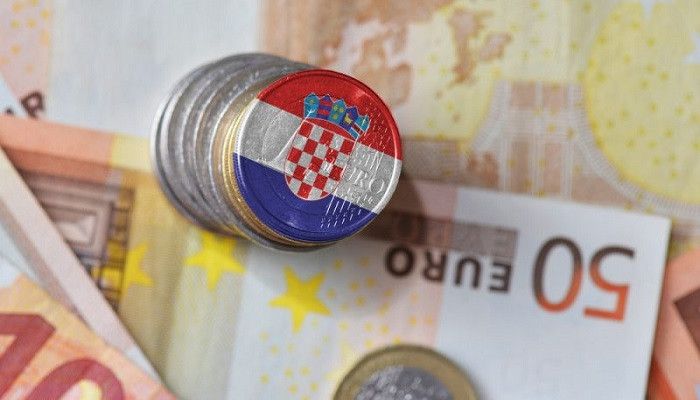
-
Published: 01 January 2023

Croatia on Sunday adopted the euro currency and abolished border procedures for holders of European passports, two main stops for the country since it joined the European Union about a decade ago
Now it is the 27th country in the passport-free Schengen zone, the largest in the world, which enables more than 400 million people to move freely around its members.
EU President Ursula von der Leyen tweeted on her arrival in Croatia to mark the occasion: "it's the season of new beginnings. And there is no place in Europe where this is more true than here in Croatia,"he said.
She met Croatian Prime Minister Andrej Plenkovic and Slovenian President Natasa Berke-Musar at a border crossing with EU member Slovenia, and then headed to Zagreb.
Ursula von der Leyen expressed her warm welcome to the citizens of Croatia in the border area, noting that border controls between Croatia and the rest of the Schengen area will now become a part of the past.
Experts say that the adoption of the euro will help protect the Croatian economy at a time when inflation is rising around the world after the Russian invasion of Ukraine led to a rise in food and fuel prices.
But the feelings of Croats are mixed.
While they welcome the end of border controls, some fear that the transition to the euro will lead to an increase in the cost of living as companies accumulate prices when converting.
Ivana tuncic, a teacher from Zagreb, says, "it will be difficult. Already high prices will rise even more,"he said.
